Anxiety
Anxiety affects us all. It’s a feeling of fear, worry and panic. It’s a natural response to a real or perceived fear, and can be related to a ‘non dangerous’, but challenging event – like an exam, public speaking or a date.
Anxiety causes the fight or flight response to kick in, increasing cortisol and adrenaline so we can respond to perceived danger.
It’s defined as a disorder when it interferes with your daily life – sabotaging your ability to act, express yourself, and cope with everyday situations.
High levels of anxiety can rewire the brain, keeping it on high alert, the stress response kicking in, even when it’s not needed.
The good news? You can heal your brain. If this sounds like you, you don’t have to suffer in silence. We can help.
Generalised anxiety (GAD) is the most common form of anxiety. GAD occurs when you have anxiety about many things, rather than one specific thing. As soon as one anxiety is resolved, another appears. Your worries are difficult to control.
Compulsive thoughts and behaviours are obsessional thoughts or images followed by urges to ease anxiety.
Post-traumatic stress occurs after witnessing or experiencing a traumatic event. Flashbacks and nightmares are common and can make you feel like you’re reliving the event.
Phobias are an overwhelming fear of a place, situation, feeling or animal.
Sudden panic attacks.
Anxiety is physical and emotional.
Common physical symptoms:
- Increased heart rate, hot flushes, excessive sweating, dry mouth
- Jelly legs, tingling, muscle tension, shaking, feeling sick
- Hyperventilation, dizziness, struggling to catch your breath
- Problems sleeping, needing to use the toilet frequently
- Tight band across the chest, tension headaches
Common thoughts and feelings:
- That you may lose control or go ‘mad’
- That you may have a heart attack/be sick/faint/have a brain tumour
- Increased worry before sleep or during the night
- That people are looking at you and observing your anxiety
- Detachment from your environment and the people in it, wanting to escape from the situation
- On edge and alert to everything around you
- Anger, which can present as a protective mechanism when you’re feeling fearful
Anxiety can lead to avoiding situations that provoke anxiety, isolating yourself to escape overwhelm, and eating, drinking or using drugs to numb anxiety.
External factors, like work, relationships, pregnancy, change and loss.
Traumatic experiences, long term health conditions and side effects of medicine.
Perfectionism, low self-esteem, a need for control, rejection and isolation.
Drug and alcohol use.
Caffeine, nicotine, salt, preservatives, hormones in meat and simple sugars.
Unidentified allergies and intolerances, nutritional imbalances, missing meals, poor diet.
Gut health – low levels of good bacteria, which can cause digestive discomfort.
Genetics and chemical imbalances in the brain.
Though chemical imbalance is a common scapegoat for anxiety, scientists are now refuting the theory as lacking the nuance to reflect the complexity of anxiety and depression. Traditional treatments like SSRIs may provide some support, but don’t treat the full picture of anxiety.
We focus on your whole self to support healing from anxiety – body and mind.
Our counsellors and psychotherapists can identify the nature, form and complexity of your anxiety. They can help you understand your anxiety and find ways to reduce its impact.
Together, you can uncover underlying issues that have contributed. Therapy can help you gain new strength, deeper insight and fresh trust.
There are many approaches and research suggests they are equal in efficacy – it’s about finding the approach that feels right for you. Our counsellors focus on creating a safe, attuned relationship so you feel supported as you explore your anxiety.
Our naturopaths identify physical factors that cause anxiety, carefully assessing external stressors, your nutritional profile, possible toxins, your genetics and gut health. After testing to confirm their diagnosis, they’ll create a treatment plan to balance and resolve any contributing causes.
Osteopathy, craniosacral therapy and acupuncture support your parasympathetic nervous system, the ‘rest and digest’ system that aids relaxation.
Our practitioners support you in finding habits to reduce the impact of anxiety and boost self-esteem.
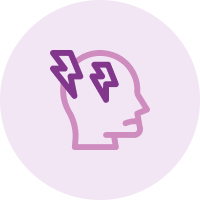
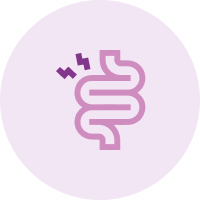
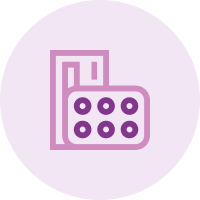

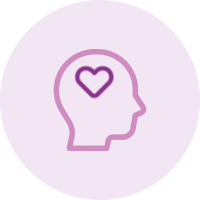
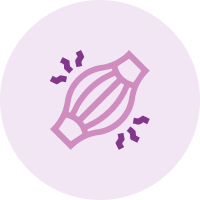
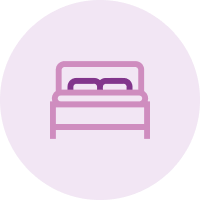
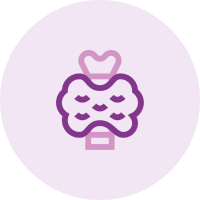
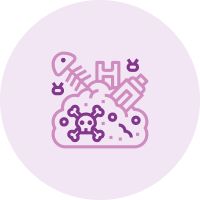
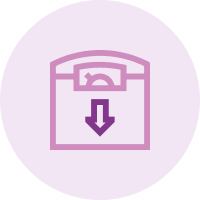

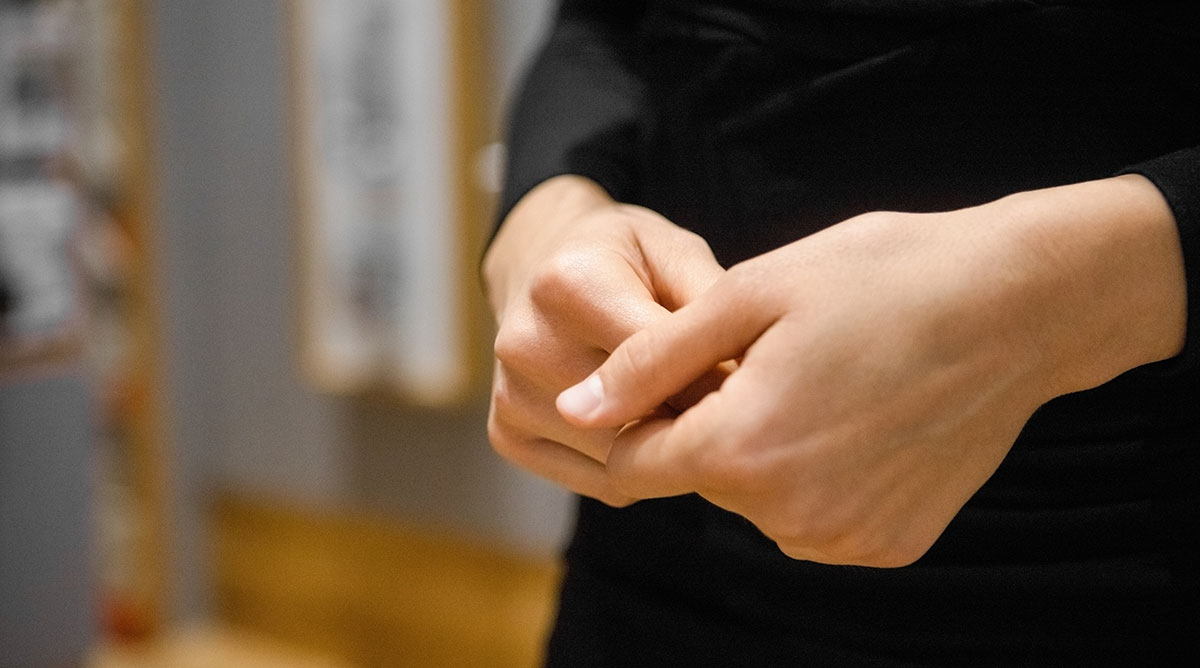
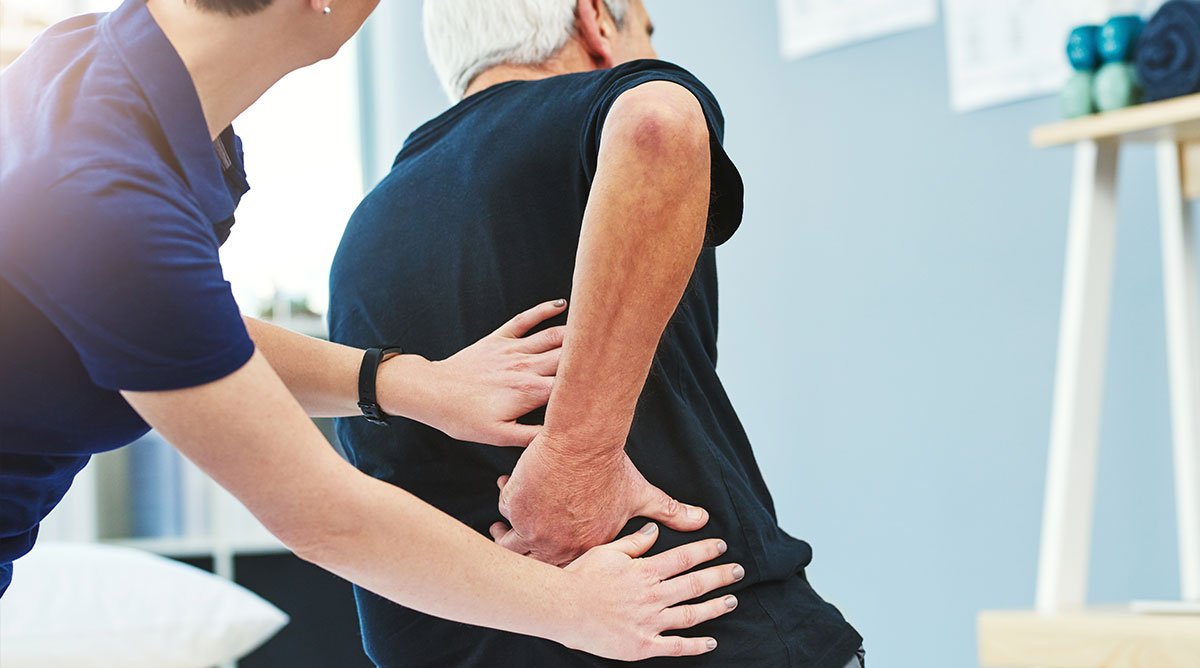




'%3e%3cg%20id='Group_40'%20data-name='Group%2040'%20clip-path='url(%23clip-path)'%3e%3cpath%20id='Path_45'%20data-name='Path%2045'%20d='M23.55,44H20.457c-.123-.028-.245-.066-.37-.083-.736-.1-1.481-.155-2.208-.3a21.577,21.577,0,0,1-13.2-8.085,21.482,21.482,0,0,1-4.459-16.6A20.745,20.745,0,0,1,5.335,7.652,21.54,21.54,0,0,1,25.058.2,20.789,20.789,0,0,1,36.271,5.248a21.634,21.634,0,0,1,7.392,12.913c.136.757.226,1.523.337,2.284v3.1c-.094.692-.167,1.387-.287,2.074A21.768,21.768,0,0,1,36.981,38.1a21.477,21.477,0,0,1-11.108,5.555c-.77.136-1.548.229-2.323.341M9.457,21.975c0,1.776-.039,3.553.011,5.327a7.607,7.607,0,0,0,1.453,4.542,7.129,7.129,0,0,0,5.74,2.691c1.931.078,3.865.113,5.8.084a54.556,54.556,0,0,0,6.3-.278,6.248,6.248,0,0,0,5.388-4.6,11.62,11.62,0,0,0,.441-3.692c-.018-3.407-.033-6.816-.133-10.221A6.349,6.349,0,0,0,33.06,12.1a7.045,7.045,0,0,0-5.8-2.651c-3.506-.057-7.014-.04-10.521,0a7.593,7.593,0,0,0-4.267,1.231,7.01,7.01,0,0,0-3,5.967c-.064,1.773-.013,3.551-.013,5.327'%20fill='%23fff'/%3e%3cpath%20id='Path_46'%20data-name='Path%2046'%20d='M21.981,11.566c1.971.066,3.932.089,5.887.21a4.372,4.372,0,0,1,4.338,4.356c.123,3.145.12,6.3.12,9.446a14.831,14.831,0,0,1-.267,3.11A4.215,4.215,0,0,1,27.911,32.2c-3.187.111-6.379.117-9.569.119a14.288,14.288,0,0,1-3.024-.261A4.206,4.206,0,0,1,11.8,27.916c-.112-3.175-.121-6.354-.121-9.532a14.84,14.84,0,0,1,.272-3.11,4.249,4.249,0,0,1,4.12-3.495c1.969-.119,3.945-.146,5.909-.213m6.487,10.447a6.466,6.466,0,1,0-6.475,6.448,6.429,6.429,0,0,0,6.475-6.448m.287-5.26a1.508,1.508,0,1,0-1.515-1.486,1.515,1.515,0,0,0,1.515,1.486'%20fill='%23fff'/%3e%3cpath%20id='Path_47'%20data-name='Path%2047'%20d='M21.983,26.2a4.211,4.211,0,1,1,4.229-4.169A4.193,4.193,0,0,1,21.983,26.2'%20fill='%23fff'/%3e%3c/g%3e%3c/g%3e%3crect%20id='Rectangle_1422'%20data-name='Rectangle%201422'%20width='46'%20height='46'%20fill='none'/%3e%3c/svg%3e)